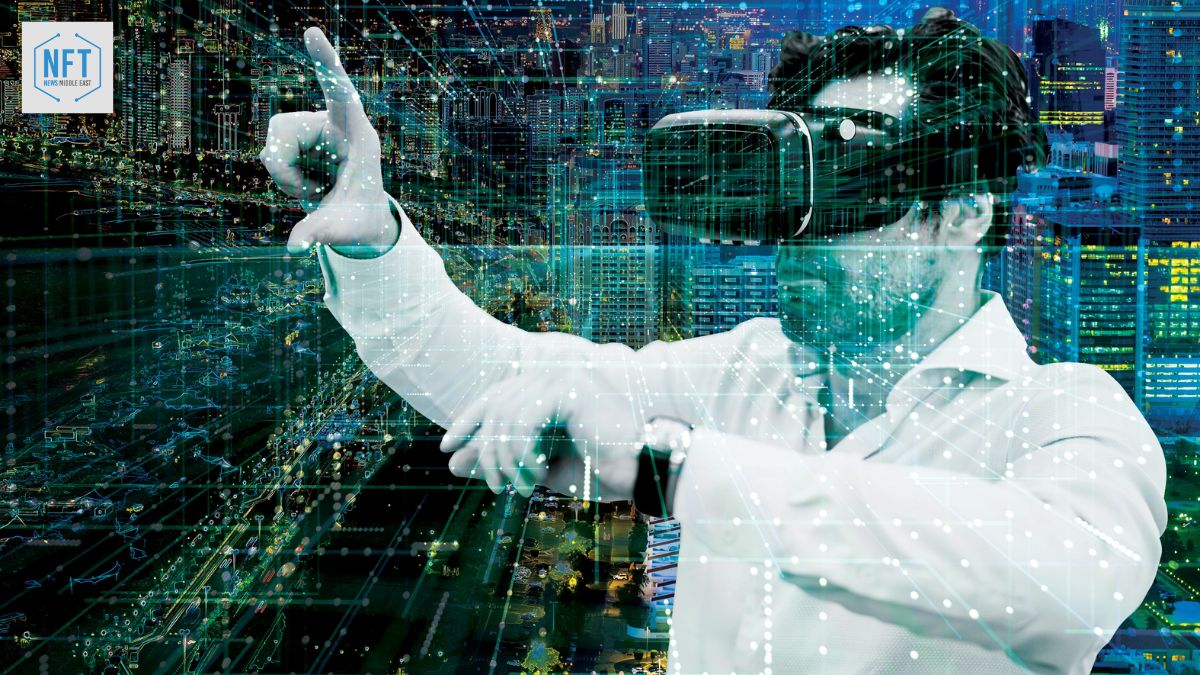The Metaverse might drastically alter our lives, which would have far-reaching effects on police enforcement. As wiath the internet at large, its potential uses extend well beyond gaming and social interactions to include virtual conferencing in the workplace, product design and testing, shopping, and even criminal activity. Increases in user base and technological sophistication mean a broader variety of potential metaverse crimes, ultimately calling for metaverse police.
The Metaverse has become a novel online community where people utilize virtual reality headsets and 3D avatars to attend concerts, do their jobs, and socialize. By 2027, 40% of major corporations will combine web3 and augmented reality (AR) in metaverse projects, according to Gartner. With growing momentum, the United Arab Emirates has stated it would open a Ministry of Economy office in the Metaverse. The Ajman Police Department has also performed testing. As of last month, Dubai hosted the Metaverse Assembly, where specialists from around the world gathered to investigate the possibilities of this technology.
Adverse Use And Metaverse Crimes: Are Data Theft And Financial Frauds The Only Crimes In the Virtual World?
The exploitation of the metaverse by criminals has already begun. As the number of users increases and technology advances, the list of potential metaverse crimes will also continue to grow. It will include potentially more severe offenses involving children, data theft, financial fraud, ransomware, hacking, counterfeiting, and sexual assault. Law enforcement may face difficulties in responding to some of these concerns since not all behaviors that are illegal in the real world are also prohibited in the digital setting.
How Can Law Enforcement Interact With The Metaverse?
Metaverse has used AI and other online resources to identify inappropriate user conduct. Metaverse even provides a mechanism to deter lousy conduct by allowing users to block others from communicating with them. However, this shifts responsibility to the end users. Thus, there is a possibility of a strange online community in which avatars of metaverse police will serve as online judges and prosecutors. It’s strange, but eventually, everyone will witness the emergence of a whole new kind of law enforcement official in the Metaverse.
An Action Based Response Is Required From Police Enforcement And Law Regulators
Regulatory bodies and national governments need to catch up. Emerging technology proved problematic because legislators sometimes began addressing the problem after the damage had already been done. One option is to create comprehensive legislation and regulations to safeguard people’s fundamental rights in the context of technological developments. It is essential to adopt data privacy regulations that govern the use of algorithms in the public sphere and require full disclosure and responsibility from those using them. To represent law enforcement’s concerns regarding the emerging virtual space, Interpol has also formed a metaverse expert group. As the number of crimes committed in the Metaverse continues to rise, governments throughout the globe need to come up with a rapid and action-based solution.
















